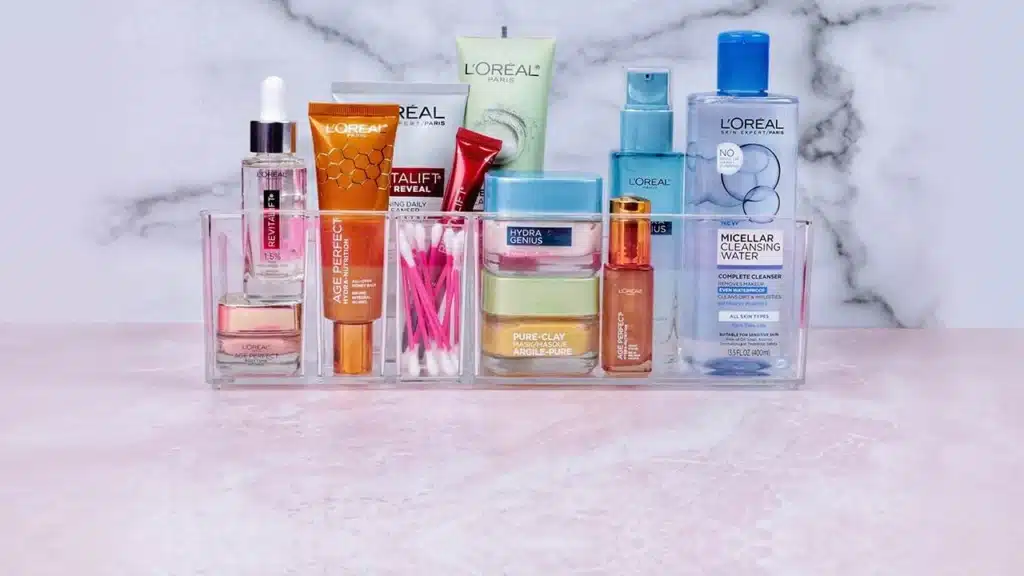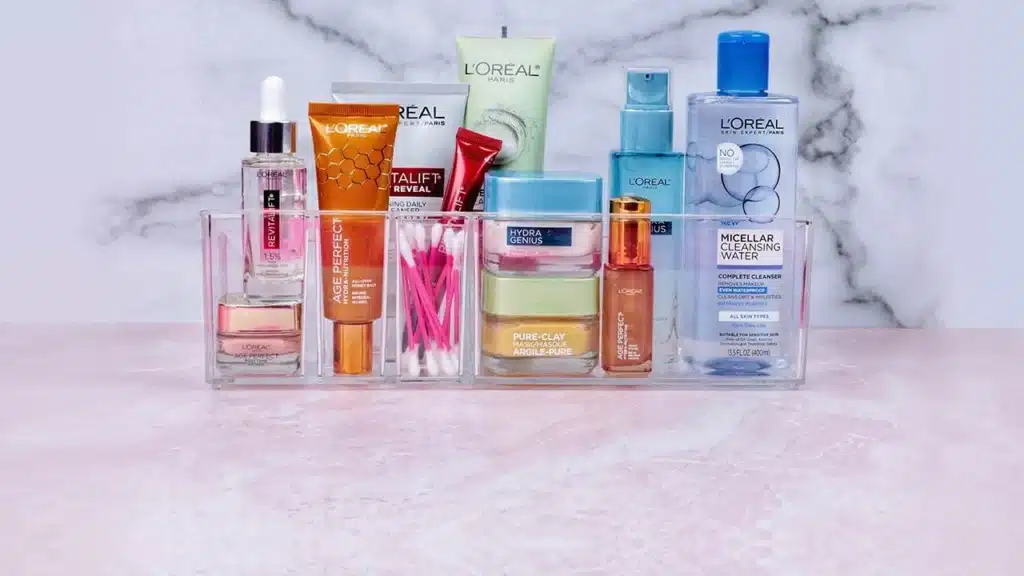Best Skin Care Maintaining healthy skin is essential for both aesthetic appeal and overall well-being. A consistent skincare routine, combined with healthy lifestyle choices, can make a significant difference in the condition of your skin. Here are some of the best skincare tips that can help you achieve and maintain healthy, radiant skin.
Best Skin Care :
1. Know Your Skin Type

Understanding your skin type—whether it’s oily, dry, combination, or sensitive—is crucial for selecting the right products and treatments. Each skin type has specific needs, and using products tailored to your skin can prevent issues like breakouts or excessive dryness.
2. Establish a Daily Routine
A basic skincare routine should include cleansing, toning, and moisturizing. Cleanse your face twice daily with a gentle cleanser to remove dirt and impurities. Follow up with a toner to balance your skin’s pH levels, and finish with a moisturizer suitable for your skin type to keep it hydrated.
3. Always Use Sunscreen

One of the most effective ways to protect your skin is by applying sunscreen daily, even on cloudy days. Choose a broad-spectrum sunscreen with an SPF of at least 30 to guard against both UVA and UVB rays. Regular use can prevent sunburn, premature aging, and reduce the risk of skin cancer.
4. Stay Hydrated
Drinking plenty of water is vital for maintaining skin hydration. Aim for at least eight glasses a day to help flush out toxins and keep your skin looking plump and radiant. Additionally, incorporating hydrating foods like fruits and vegetables can further enhance your skin’s moisture levels.
5. Maintain a Healthy Diet

Your diet plays a significant role in the health of your skin. Incorporate foods rich in antioxidants, vitamins (especially Vitamin C and E), omega-3 fatty acids, and whole grains. Foods like fish, nuts, leafy greens, and berries can help improve skin elasticity and combat signs of aging.
6. Exfoliate Regularly
Exfoliation helps remove dead skin cells that can clog pores and lead to dullness or breakouts. Depending on your skin type, exfoliate once or twice a week using gentle scrubs or chemical exfoliants like AHAs or BHAs to reveal smoother, brighter skin.
7. Get Enough Sleep
Adequate sleep is essential for overall health, including skin health. Aim for 7-9 hours of quality sleep each night to allow your body—and your skin—to repair itself. Lack of sleep can lead to dark circles, puffiness, and a dull complexion.
8. Manage Stress Levels
Chronic stress can trigger various skin issues such as acne or eczema flare-ups. Engage in stress-reducing activities like yoga, meditation, or regular exercise to promote relaxation and improve your overall well-being.
9. Be Gentle with Your Skin
Avoid harsh products that can irritate the skin. Use gentle cleansers and avoid scrubbing too hard when washing your face. When shaving or waxing, use proper techniques to prevent irritation or ingrown hairs.
10. Avoid Smoking and Limit Alcohol Consumption
Smoking depletes the skin of oxygen and nutrients, leading to premature aging and dullness. Similarly, excessive alcohol consumption can dehydrate the skin and exacerbate conditions like rosacea. Quitting smoking and moderating alcohol intake can significantly improve your skin’s appearance.
Also Read : Why A Skincare Ingredients Check Is Essential For Your Routine?
Conclusion
Healthy skin is a reflection of good care habits combined with a balanced lifestyle. By following these skincare tips—understanding your skin type, establishing a daily routine, protecting against sun damage, staying hydrated, eating well, managing stress, and avoiding harmful substances—you can achieve radiant and healthy skin that enhances your overall beauty.
FAQs
How often should I cleanse my face?
It’s recommended to cleanse your face twice daily—once in the morning and once before bed—to remove impurities.
What is the best way to apply sunscreen?
Apply sunscreen generously on all exposed areas at least 15 minutes before sun exposure; reapply every two hours or after swimming or sweating.
Can my diet really affect my skin?
Yes! A balanced diet rich in vitamins and antioxidants can improve skin health by promoting elasticity and reducing inflammation.
How do I know if I need to exfoliate?
If your skin feels rough or looks dull despite regular cleansing and moisturizing, it may be time to add exfoliation into your routine.
What are some signs that my skincare products are not working?
Signs include persistent dryness or irritation, increased breakouts, or if your skin appears dull despite regular care.
Is it necessary to use separate products for day and night?
Yes! Day creams often contain SPF for protection during the day while night creams focus on repair and hydration without sun exposure.





